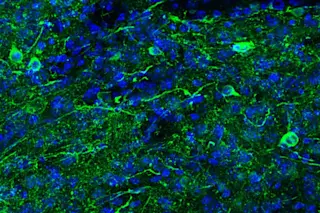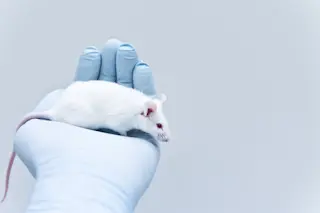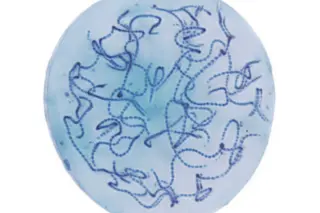In an experiment that could explain the origin of the maniacal mouse in “Pinky and the Brain,” researchers spliced a human brain gene into lab mice, and it made them smarter. These mice aren’t taking over the world any time soon, but they are certainly adept at getting through mazes. Mice genetically modified to carry a human gene associated with speech and language, called Foxp2, learned how to find a reward in a maze significantly faster than normal mice. While this is good news for the modified mice, the findings also reveal clues about how this particular gene contributes to humans' unique intellectual abilities.
This isn’t the first time mice have been the beneficiaries of human brainpower. In 2013, scientists made smarter mice by transplanting human glial cells
into the brains of newborn mice. However in this case, the mice had the gene from conception, and so their brains were ...













